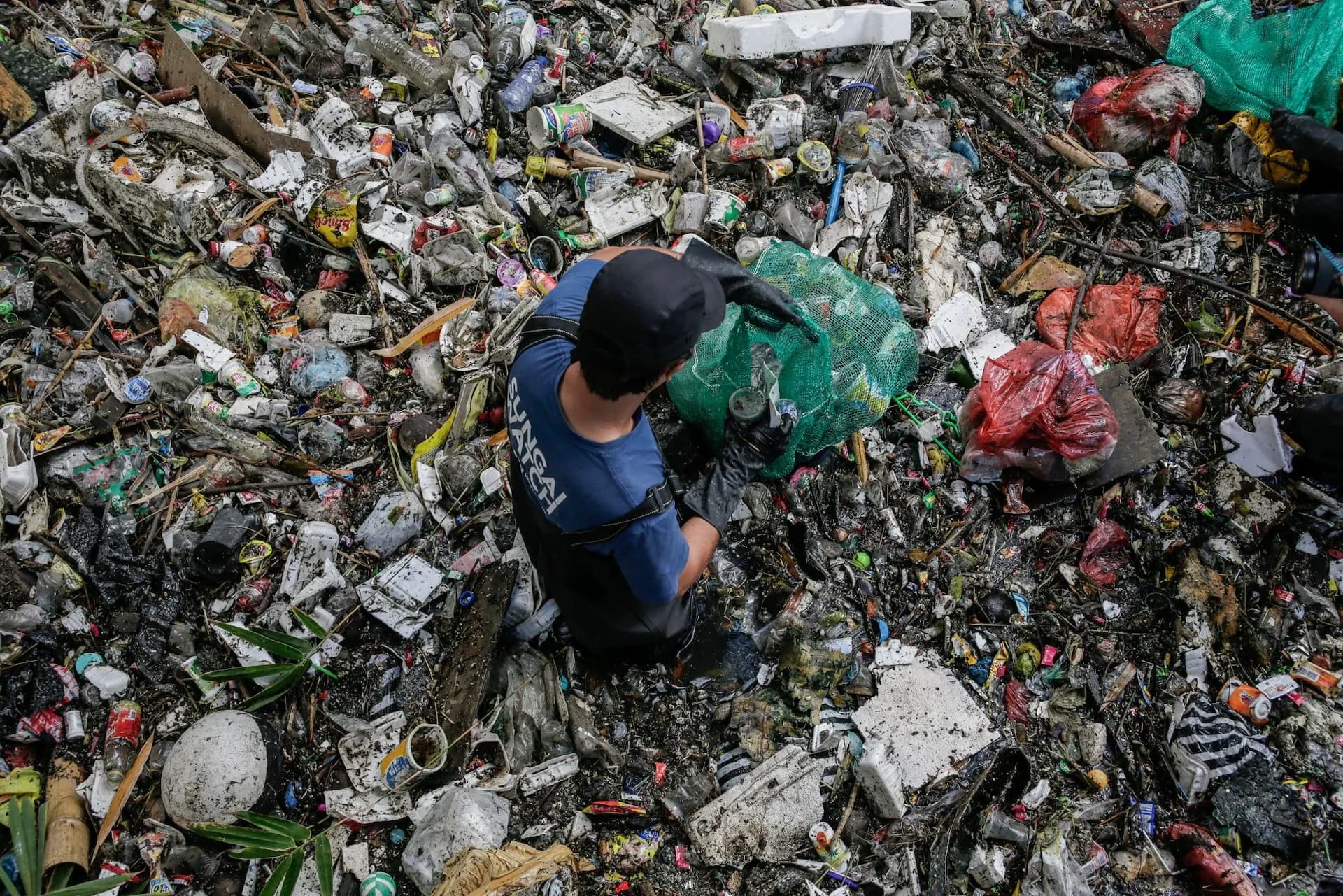Progress for 0 ad
Progress for 1 ad
Progress for 2 ad
Progress for 3 ad


Daniel Metaferiya
Addis Ababa, Ethiopia

A draft bill currently making its rounds in Ethiopia’s parliament requires plastic producers to cover the cost of collecting, reusing, and recycling their products post-consumption. The solid waste management and disposal proclamation imports the concept of extended producers’ responsibility (EPR) currently practiced across Europe. EPR significantly decreases the burden of collecting and managing waste from local governments by shifting ownership of the waste to the producers. Implementation of the EPR for items aside from plastic is set to be dictated by a pending regulation from the Council of Ministers.
The bill tabled to Parliament’s Standing Committee for Water; Irrigation & Lowland Development Affairs was put for public review last week. Officials from the Environmental Protection Authority (EPA) stressed the necessity of revising the country’s 13-year-old legal framework governing solid waste management. While the draft bill grouped into 28 sections prioritizes updating the legal landscape to evolve the management and disposal of single-use plastics, it introduces a few novel administrative ordinances.
Households and commercial enterprises must maintain a plastic waste-free environment extending outwards for up to 20 and 50 meters from their base, respectively. Officials from the EPA indicated plans to incorporate these requirements into city development standards. Obtaining construction permits will also require proof that the contractor will implement a sound waste disposal management for debris and excavated earth.
The bid to update Ethiopia’s solid waste management further entails responsibilities on manufacturers, importers, wholesalers, and retailers of food, drink, hygiene protection, and sanitary products to implement ways of collecting and recycling their respective containers. It also places the obligation to pay service fees for solid waste management and disposal services on every individual, with the rates to be determined by the Council of Ministers.
However, the strictest of ordinances has to do with implementing rigorous controls over single-use plastics. Barring exceptional cases, the production, marketing, importation, storage, selling, or use of any single-use plastic is prohibited. Furthermore, any individual using a plastic bag will be fined starting from 5,000 birr, while commercial entities could face up to 200,000 birr in fines.
Ethiopia’s bid to minimize the use of plastics is intimately tied to the ten-year plastic waste management roadmap unveiled last May, which looks to foster a circular economy. The introduction of controls on imports of unrecyclable plastics, tax incentives for sustainable businesses, promotion of plastic alternatives, green certifications for industries, and reducing plastic bags/packaging are laid out in the roadmap.
Ethiopia’s per capita consumption of plastics has grown exponentially from 0.6kg in 2007 to 2.6kg in 2021. This has positioned Ethiopia as the second largest importer of plastic in East and Central Africa, spending 17m Euros per year on plastic packaging imports.
.
👏
😂
❤️
😲
😠

Daniel Metaferiya
Daniel Metaferiya is a writer, journalist and radio host, with a keen interest in technology. He follows developments in Ethiopia's startup ecosystem closely and is passionate about profiling unique MSMEs.
Your Email Address Will Not Be Published. Required Fields Are Marked *